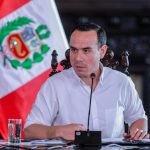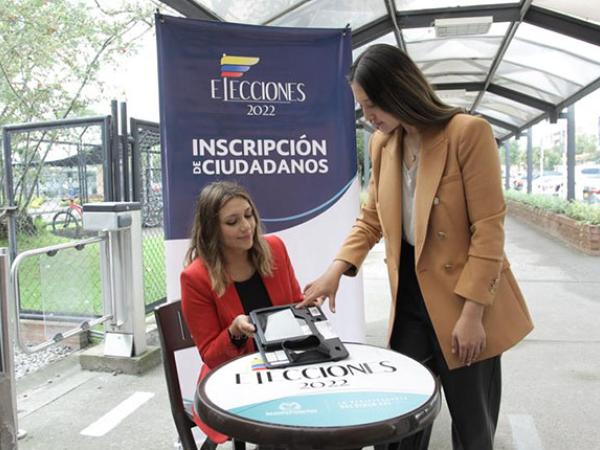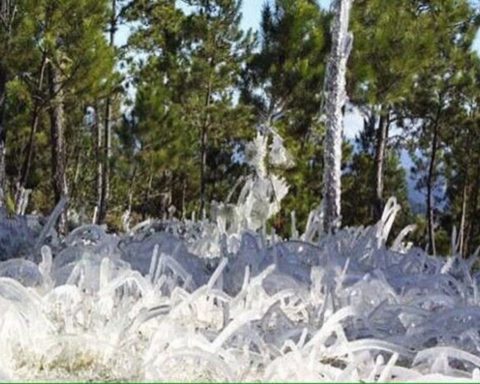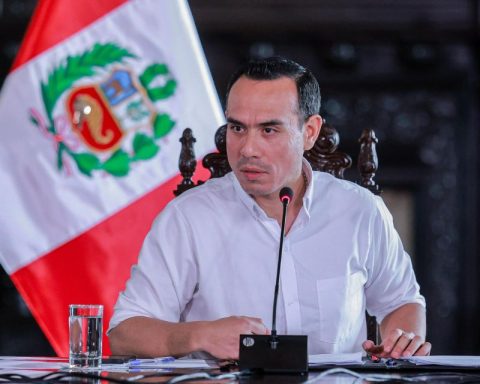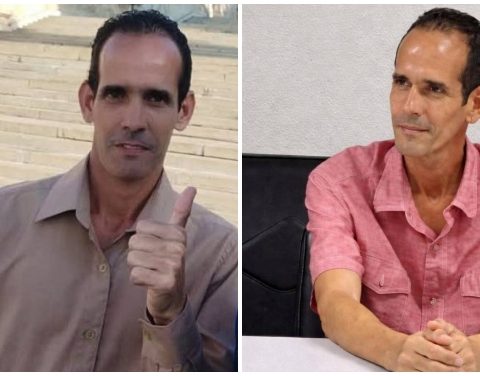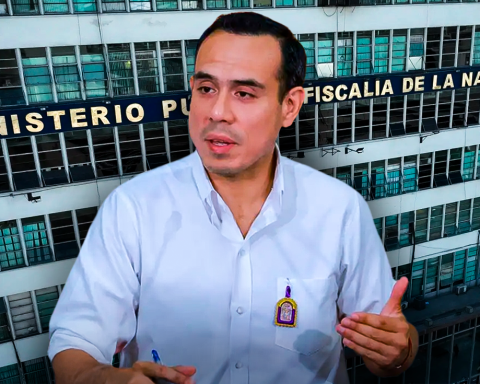
In this chapter of Political Week, the director of the Vives study center of the Alberto Hurtado University, Nicholas Rojas Pedemonteand the academic from the Institute of Public Affairs of the University of Chile, Felipe Agueroaddressed the frustrated visit of the Minister of the Interior, Izkia Sichesto the community of Temucuicui –located in the Region of La Araucanía–, after unknown individuals blocked roads and fired shots.
Both academics highlighted the “positive signal” of the Government to point to dialogue, in the context of the conflict between the State and the Mapuche people, although they highlighted the errors in “diplomacy”.
You may also like:
“This is a conflict that requires diplomacy. We are talking about a high-level political delegation, if someone approaches the territory in a particular way, it will possibly be well received if the father of Camilo Catrillanca invites you,” said Nicolás Rojas.
“But if we are with a policy, announced on television, that six ministers are going, a delegation, that is going to arrive with some police support, and the magnitude of that visit is another, and there are protocols in a diplomacy that was not considered “, he added.
Along these lines, he commented that this logic of dialogue with individuals “is what has historically occurred in the dialogue with the Mapuche people. The Mapuche people have a horizontal logic, but they have political institutions. Generally, those institutions or those authorities (. ..) are the ones that are not considered”.
Along the same lines, Rojas Pedemonte recalled that already in the Old Homeland “the Spaniards themselves recognised, every time they spoke with the Mapuche people, the need to take time and also adapt to the same Mapuche logics and institutions, even dialoguing in their own tongue”.
Felipe Agüero, meanwhile, commented that “we are in a moment of being bold” with the proposals linked to the conflict. “It is no longer enough to announce dialogue, dialogue, dialogue, because that is what some or other governments have done, or have tried to do,” he said.
“We must come up with concrete proposals, and this is none other than the land issue. The Government makes it a priority to address the issue of land restitution head-on. That is the heart of the matter that has to be in the tip of the Government’s proposals, to give content to the dialogue”, he added.
private
The academics also referred to the role of private companies in the conflict in the Mapuche area. For the academic from the Institute of Public Affairs of UChile, they have been present in terms of dialogue. “In the commissions that have worked before, they have sat down at the table,” he said.
“What happens is that, from the point of view of the State, that presence has to be more intentional, it has to be sought with a purpose. In that sense, I think there are different areas of the private sector,” Agüero pointed out.
“A clear area is the sector of large landowners in the Mapuche area. That is where the heart of the land issue lies (such as the Matte family). They are the owners of the largest amount of land that could be subject to restitution,” he continued.
As for ownership, this has been changing and has even passed into the hands of foreign investment funds. An example of this was the sale made by the group controlled by the Angelini family, which sold thousands of hectares to a Canadian investment fund.
In this regard, the director of the Vives study center stated that, according to his impression, “it is easier to deal with foreign capital on this issue than with the owners of the country, such as the Matte group, who are the main actors that finance the class policy in the last three decades. There is a fundamental knot there and it is necessary to address it,” said Pedemonte.







